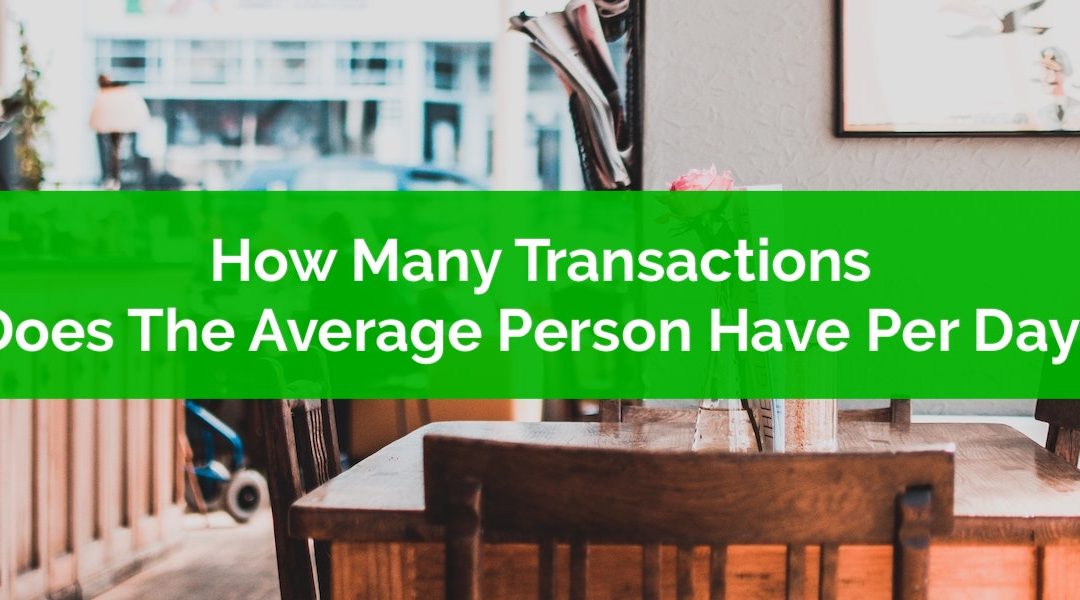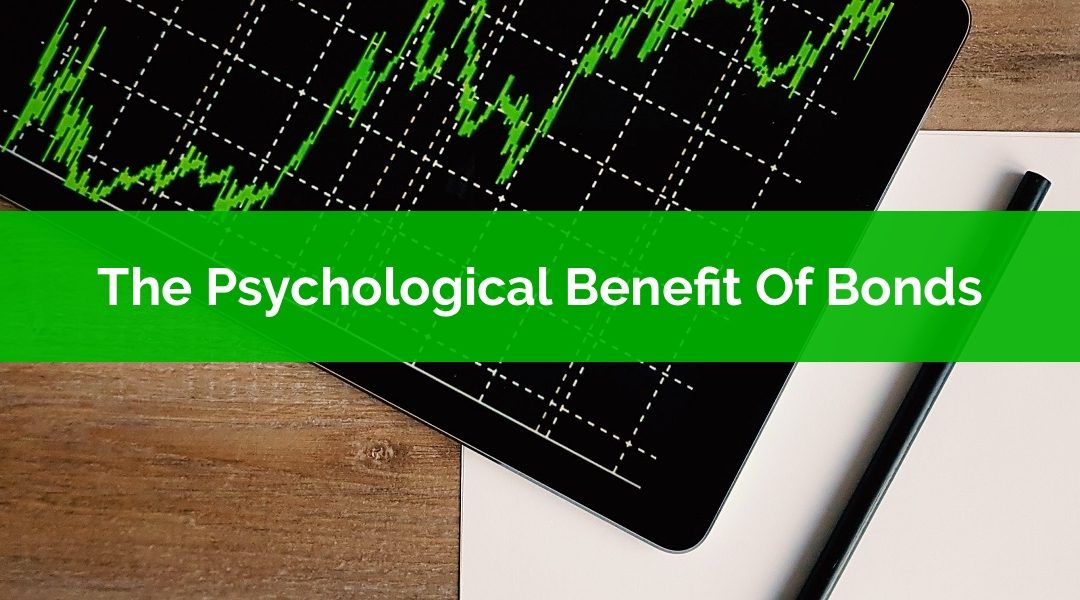
by Owen | Sep 4, 2018 | Behavioral Finance, Budgeting
How many transactions to does the average person make per day, one, two, three or more? For the last eight months I’ve been averaging about 1.3 transactions per day but I suspect the typical person averages closer to 2.
Since the beginning of January I’ve been religiously tracking my spending. This has been a departure from my normal budgeting routine but it’s been extremely interesting because of how much detail I now have on my spending habits.
For the longest time, I was an anti-budgeter. I would set a savings goal and then each month I would put away enough money to cover my savings goal plus any fixed expenses, then I would leave the rest in my checking account and spend freely. Over time I created good spending habits and most months I would have a bit left over.
Personally, I found the anti-budget to be a great balance between managing my money and my time. I could hit my financial goals but didn’t have to spend much time tracking expenses.
This all changed when I came across this super simple way to track your spending. You don’t need to give Mint all your passwords, you don’t need to pay YNAB a monthly fee, all you had to do was use Google Forms and Google Sheets to setup your own semi-automated spend tracking.
Adding a new transaction didn’t mean opening a spreadsheet, you could do it right from your phone. Tracking your spending took just 10-15 seconds after each transaction.
So, since January I’ve been tracking every transaction I’ve made and one thing I find super fascinating is how many transactions I make.

by Owen | Jul 30, 2018 | Behavioral Finance, Budgeting
Habits drive a lot of what we do. Habits are subconscious and they form in weird ways. Did you know that a lot of our spending is driven by past decisions?
We all have this weird desire for coherence. We want things to be consistent. We judge current spending decisions based on past spending decisions. We want to keep things consistent so we make decisions based on what we did in the past (or what we’ve seen other people do).
We’d like to think we’re in control of our spending but that’s not really the case. We’re influenced by things we purchased in the past, or things friends have purchase, or co-workers, or even our family. We’re even influenced by random people we have no relationship with like the people in advertisements.
Arbitrary coherence is the idea that the first decision we make, or the first piece of information we receive regarding a decision, is arbitrary, we don’t have any reference point or anchor to evaluate this new piece of information so it’s very arbitrary. But after we get that initial piece of information we start to use it as a reference point, and subsequent decisions are made using it as a reference.

by Owen | Jun 25, 2018 | Behavioral Finance, Budgeting
Have you ever had a project that just seems to last forever? Or maybe a chore that seems to take all weekend?
You may have never heard of Parkinson’s Law but you’ve probably experienced it. Parkinson’s Law is when “work expands to fill the time available for its completion”.
Simply put, if you have 3 hours to complete a task then it’s probably going to take 3 hours. If you have 3 days to complete a task then it’s probably going to take 3 days. The work expands to fill the time you have available.
Parkinson’s law applies to finances too. Lifestyle inflation is a great example of this. You get a raise and your lifestyle expands to match it. You spending increases until you’ve used up all your raise. Not necessarily because you needed it, not even because you wanted it, but because it was available.
Another good example is lottery winners. Lottery winners expand their spending to match the amount of money they have available. Whether thats $1,000 or $100 million. Lottery winners are notoriously spendthrift and that might be due to Parkinson’s Law (among other factors).
Thankfully you can use Parkinson’s Law to your advantage and if you struggle with budgeting then this is one simple budgeting trick you have to try.

by Owen | Jun 11, 2018 | Behavioral Finance, Financial Goals
The problem with financial goals is that they’re not very tangible. They’re just numbers, they take time, they seem impossibly huge.
When it comes to intangible financial goals it’s very easy to push those goals onto your “future self”.
“That’s not something “Owen of Today” needs to worry about, “Owen of The Future” can figure it out.”
When making money decisions there’s always a bit of tension between your “present self” and your “future self”.
“Owen of Today” wants to make today the best day possible and doesn’t care much about the future, while “Owen of The Future” wants to think about the future, even if that means sacrificing a bit today.
“Owen of Today” wants to buy a motorcycle and ride around the countryside all afternoon, but “Owen of The Future” says we need to save for financial independence, RESPs, and a new roof.
Which version of myself wins? It all comes down to how well I’ve set my goals. Without a powerful financial goal “Owen of Today” will win every time, and that’s not very healthy.
Sometimes “Owen of Today” needs to win, and sometimes “Owen of The Future” needs to win, obviously there needs to be a balance. But without a powerful financial goal “Owen of Today” will win every… single… time…
Setting a powerful financial goal can make all the difference. Setting a POWERFUL financial goal helps you easily weigh decisions between your “current self” and your “future self”.

by Owen | Jun 4, 2018 | Behavioral Finance, Investment Planning
In this post I’m going to break away from the typical personal finance blog post. I’m not going to share a tip. This isn’t going to be some humble brag about how much money I’ve saved. It’s going to be quite the opposite actually. In this post I’m going to share with you my biggest financial mistake. One that cost me over 5-figures.
As a fee-for-service financial planner it’s somewhat embarrassing. Not many people know this story. This happened almost ten years ago, before I learnt everything I know about personal finance. I could have saved myself a lot of stress had I known what I know now. For that reason, I’m going to share my big secrete with you and I hope it inspires you to learn more about personal finance.
I’m going to share with you my biggest financial mistake and then I’m going to break down each of the mistakes I made… because like any BIG mistake there was more than one.

by Owen | May 28, 2018 | Behavioral Finance, Investment Planning
Bonds seem like a really boring investment. They’re low growth. They won’t make you rich. Plus, bond prices fall when interest rates increase. And if you use a bond ETF they usually pay a tiny monthly dividend, typically not even enough to buy another share via DRIP unless you have a lot invested.
So, why would anyone invest in bonds?!?
There are a few good reasons to invest in bonds but there is ONE reason in particular that I think is very important. It’s not a typical reason you see mentioned when people talk about investing in bonds, but I think it’s one of the best reasons. It’s based on investor psychology and behaviour and it can make a big difference during a stock market dip or a full blown downturn.
Many DIY investors may not realize it, but they are their own worst enemy. There is plenty of research around investor behavior, in particular how investors like to time the market. Timing the market means investors try to buy low and sell high, but this rarely happens, if anything they do the opposite, buy high and sell low. For most DIY investors time in the market is more important than timing the market.
Morningstar does an analysis that measures fund inflows and outflows. They use this to approximate when people are trying to time the market. Vanguard did a great summary of this analysis and they found investor returns lagged the market by 1 to 2%. They estimated that behavioral coaching can be worth up to +1.5% per year for the average investor.
So as a DIY investor how do bonds help you avoid timing the market? Let me explain…
Page 11 of 12«...89101112»






